Key Insights from Our Research, PART II
This is Part II of a two-part series where we share our research from talking to over 200 people about their stress and anxiety. We didn’t want to assume our experience with stress is universal, so we ran long-form surveys, we hosted small group discussions, and we had countless conversations with scientists and mental health practitioners. We learned a lot and we’re sharing what we learned in an effort to help others realize they are not alone. In Part II below we cover what works for stress and what people are still craving.
Read Part I on our stressors and root causes here.
Things that help are… things we know help
There’s general consensus that routine and consistency are key to managing stress and anxiety. Seemingly small things, like cooking a healthy dinner at home or getting organized, have positive effects on perception of wellbeing.
Other tools that worked to manage overwhelm and stress are really basic and most are accessible to us:
70% of people opt for physical activity
56% of people engage in social connection, talking to friends, or spending quality time with family
53% of people spend time outdoors
Alcohol and recreational drug use both came up - with respectively 50% and 20% people acknowledging using either to relieve stress. But they also recognize this is a double-edged sword - drinking and drugs are quick fixes. Their prolonged effects (tiredness, dehydration, brain fog, executive function impacts) only add to our stress.
Thirty percent of people engage in regular therapy - some seeing huge benefits, some… rather disappointed. This was particularly interesting to us, because therapy is the default approach today for dealing with harmful or negative thought patterns.
Similarly, we saw psychiatric meds show up among 15% of our surveyed participants. We heard how people wished they didn’t have to rely on prescription drugs as a way to manage their sense of wellbeing, or hated the side-effects, but they felt hopeless without it.
This sparked a lot of conversation for us - what is the missing link for people? How could we help?
The thing that stands in the way of us feeling better is… us
Many people talked about how their identities are closely tied to their productivity, accomplishments, to “running a million miles an hour.” It’s who we are, so it’s impossible to imagine who we would be if we just slowed down and didn’t strive so hard.
A shocking proportion of people who joined our small group discussions admitted that they didn’t even realize they were stressed until they ended up in the hospital or at a doctor’s office with an unexplained ailment. It’s tough to address a problem when we haven’t even acknowledged it.
For those that recognize their stress is high, much of the internal struggle to prioritize mental health is the idea that it’s an indulgence. When everything in our lives feels urgent, prioritizing things that aren’t “productive” (like taking a nap, carving out time for a hike, or a leisurely walk) seems stupid. We’re so used to immediate gratification (endless scrolling, anyone?) that we start to expect rapid results. And if we don’t see that, we lose hope and abandon the very things that could help us longer-term.
What is the missing puzzle piece?
Those that joined our small group sessions told us that they wanted to stay in touch with their groups. Connecting with others who understood what they are going through was really powerful, and provided the accountability they were missing to prioritize themselves. Sometimes just having a safe space to open up about our struggles can be soothing on its own.
Those we surveyed felt like they needed more in spite of knowing a lot of the things they should be doing. They wish they had:
Self-discipline or the external accountability to persist with the habits they know they need
Daily rituals to build positive long-term habits
Tools for diffusing stress in real time and boosting mood
Strategies to feel at peace with “big picture” anxieties, like what to do with their lives
Through all of our research, we have learned that our experience is quite common. We’ve also learned that we seem to be craving something more to help manage our stress.
With Habit & Co. we aim to foster a community that works together to address the missing links, the root causes, and find a path forward. We’ve designed Deeps as a program designed specifically to tackle the challenges outlined above.
Join us at the next deep kicking off on June 29th at www.habitand.co.
